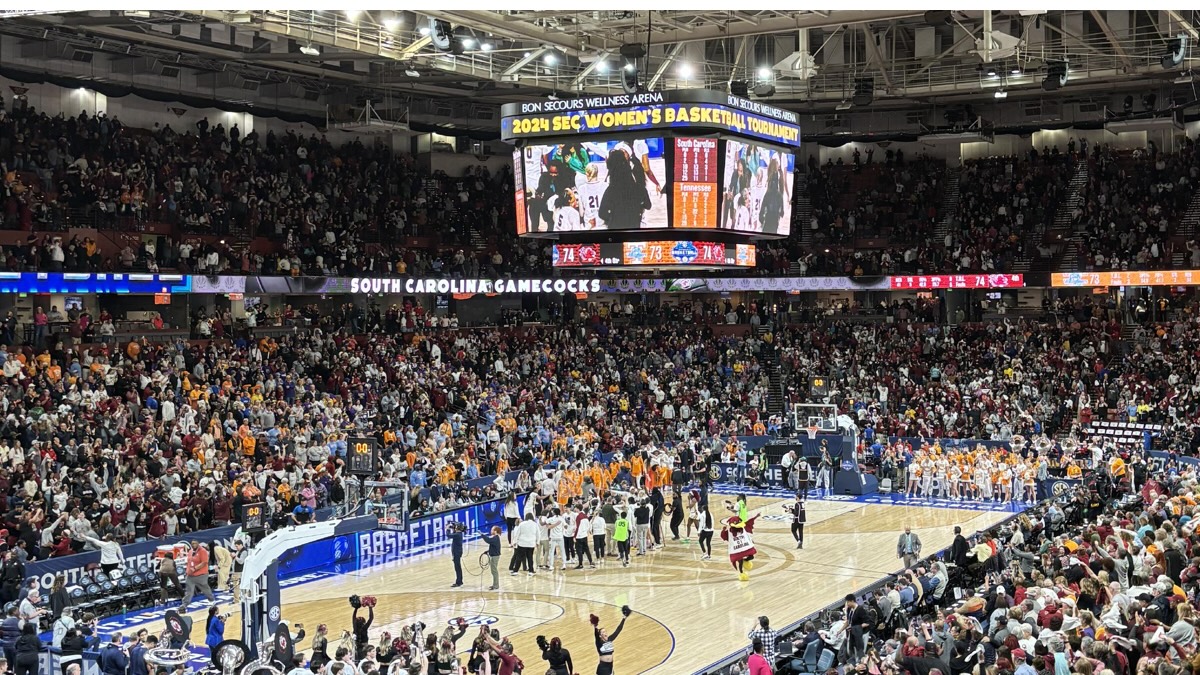
The sports tourism industry continues to rise to new levels with each passing year, as it has not only recovered from COVID, but surpassed the pre-COVID years in many aspects.
However, the upswing in sports business being brought into destinations has not correlated directly to local CVBs and sports commissions expanding their dedicated sports staff. While some of the larger cities across the United States may have sports divisions that reach double-digit full-time employees, that is the exception, not the rule.
The Sports ETA 2023 Sports Destination Leaders Salary, Compensation & Benefits Report — which was sponsored by Northstar Meetings Group — showed that 84 percent of sports dedicated divisions had five or fewer full-time employees.
Sponsored Content
“I think, uniformly, the challenge has been bandwidth,” said John David, president and chief executive officer of Sports ETA. “We’ve seen these destinations bringing in record numbers of events, while at the same time their staffs and funding have only marginally increased.
“There’s no question that your small- to mid-markets in sports tourism are absolutely a mission critical piece to the ecosystem of what the industry is. There are so many great sporting events that a small- and a mid-market destination can host. They do phenomenal work and they represent their market in such an exceptional way.”
Solo Seller in Greenville
So how do smaller and mid-sized markets bring in substantial sports business each year with small staffs?
Kayla Adams was hired by Visit Greenville (South Carolina) earlier this year as national sports sales manager for the city of just over 70,000 people. She was tasked with elevating the sports tourism offerings the city draws each year. And while Adams is quick to mention that she has plenty of support at the CVB, she stands alone in the dedicated sports department.
“I really don’t look at it as a team of one because we have incredible support within our organization,” Adams said. “Our direct sales support team is phenomenal, and they help me stay organized and prepared, and that makes a huge difference. It can be a challenge sometimes, because you might think that you may not have the bandwidth to look at different opportunities, big or small. But we have a mindset of not only going after the larger events, but getting the smaller ones as well. Getting them more frequently is the goal.”
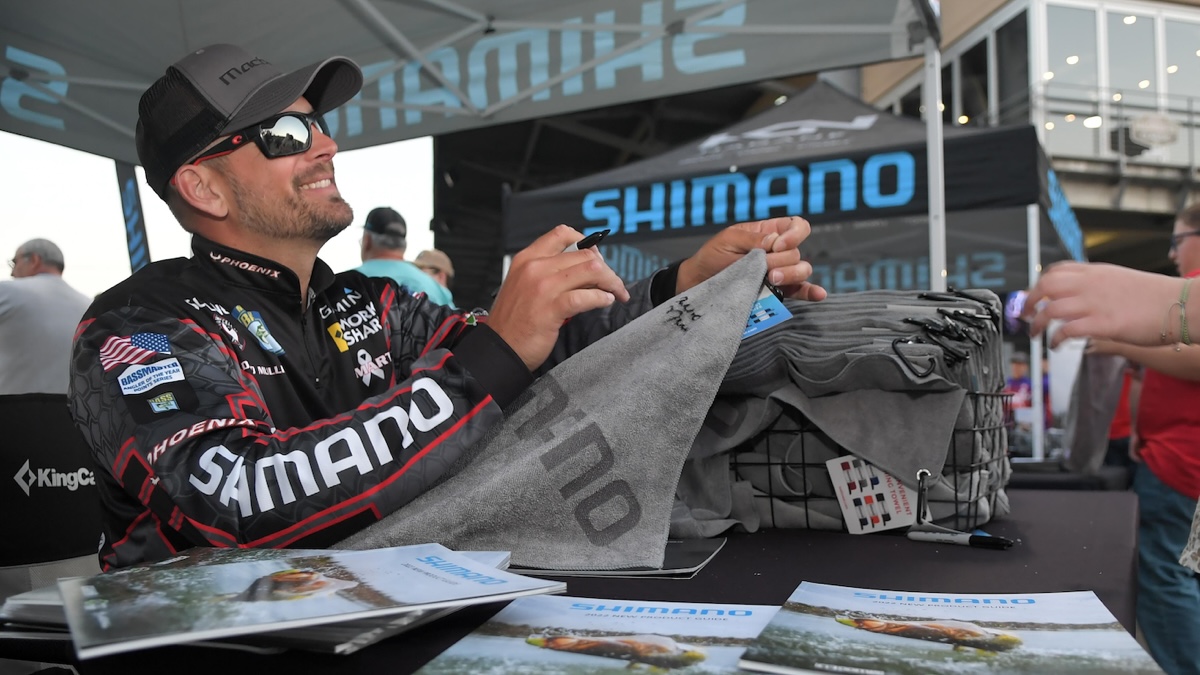
Over the past six years, Visit Greenville’s sports tourism has generated a total economic impact of $87.8 million. In the spring of 2022, Greenville hosted the Bassmaster Classic, the NCAA men’s basketball tournament and the SEC women’s basketball championships all within about four weeks.
Adams has hit the ground running, as Greenville is set to host 2026 NCAA men’s first and second round basketball tournament action.
“Sports makes up about half of our overall group room night market,” said Heath Dillard, Visit Greenville president and chief executive officer. “And it’s a sector that when we were out recruiting Kayla and hiring for this position, it’s absolutely the vision that I had in mind. Even though we had had some success in past years, it was still a very untapped market and likely to be the fastest growing sector over the next five years for our organization and for this community.”
The Sports ETA Report found that, stunningly, 46 percent of sports dedicated divisions across the hospitality industy in the United States are a one-person operation. Having up to five people working on sports came in next at 38 percent, which is where the Rhode Island Sports Commission and Tulsa Sports Commission both land.
New England Duo
Providence/Warwick (population of 270,000) is a larger market than Greenville, but higher population does not always translate to more people on the sports sales side.
The Rhode Island Sports Commission features Jonathan Walker, senior director of sports sales, and Brittany Magnusson, sports sales manager. The sports commission accounted for 48 percent of the Providence/Warwick CVB’s room nights and $45.2 million in direct economic impact during fiscal year 2024. Sports has historically accounted for up to 50 percent of the CVB’s overall business.
“The economic impact is really key for me,” said Walker. “That’s what I’m the most passionate about in this role, is leaving an economic impact, not only in the city of Providence, but across the state. Because you can really see the jobs that are supported when our events are in town. Those front-facing hospitality jobs, whether it be at the hotels, the restaurants or the competition venues.”
Walker does point out the CVB offers support once an event is confirmed, but he and Magnusson are the sales arm of the operation.
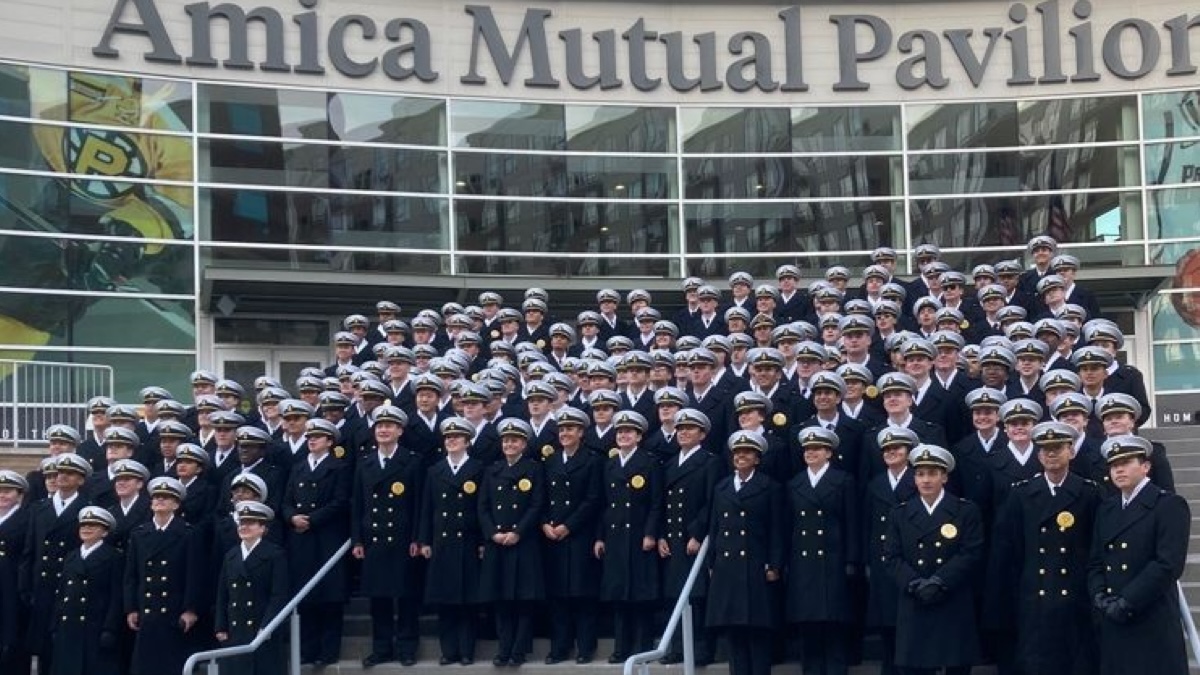
Sports events currently on the books for fiscal year 2025 will draw an estimated 125,000 visitors to Rhode Island, including over a dozen events with 4,000-plus attendees. March 2025 will be especially busy, with Rhode Island set to host around 35,000 visitors at a pair of NCAA championships over back-to-back weekends, as well as an Elite Cheer competition at the Rhode Island Convention Center.
“Size and scope of venues is really the biggest challenge that we’re up against in comparison to larger markets,” Walker said. “And one way that we combat that here in Rhode Island is having relationships with the full network of facility and venue managers in the state. When I have a baseball tournament that needs 10 fields, but I don’t have a 10-field facility, I’m able to use multiple facilities in close proximity.”
While Rhode Island faces challenges bringing in large sports events, its geography provides a nice boost.
“This is a sports region, so I think it’s just getting folks that have never hosted an event in New England to experience and consider the region,” Walker said. “We play very nicely with all the different New England CVBs and sports commissions. We know that Boston is still the king of the hill, but being close to Boston is another advantage we have of being in New England.”
Tulsa Two-Step
Much like Providence is to Boston, the city of Tulsa sits about a 90-minute drive from Oklahoma City. But it’s not in anybody’s shadow.
Tulsa (population 400,000) is seeing a high percentage of business coming from sports. Joel Koester, Tulsa Sports Commission director of sports sales, says the yearly $126 million in sports revenue is making a huge impact.
“When I got here, sports tourism was less than 20 percent and sports right now is well over 50 percent of the business that’s coming in here,” said Koester, who’s been in Tulsa for five years. “We estimated through sports, which included equine events, we did about 126,000 hotel room nights last year.”
The Tulsa Sports Commission is a team of two, with Sports Sales Manager Alex Brown joining Koester. The commission is under the Tulsa Regional Tourism umbrella, which includes about a dozen people.
“We’re a very small but mighty staff,” Koester said. “But we wouldn’t be successful if it wasn’t for the city being bought into sports tourism. We’re out there selling and trying to attract people here, and then it’s really our venues and our community that make these events happen. From a sales perspective, Alex and I are on the road a lot, traveling to the trade shows. We’re in the office for what sometimes seems like 24/7. But it’s definitely been a team effort beyond just the sports commission.”
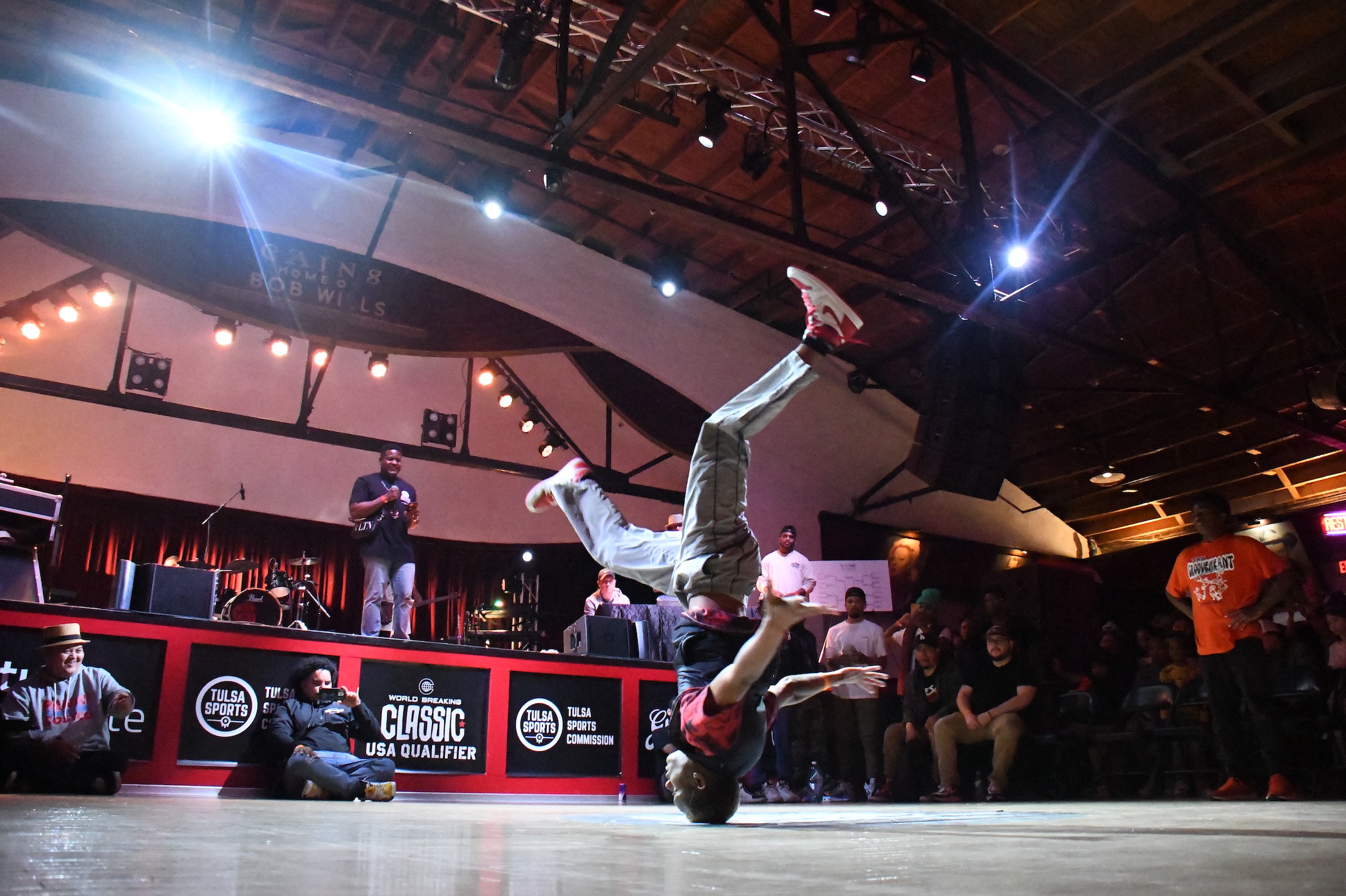
Tulsa was the site for the World Breaking Classic earlier this year, while also hosting international teqball. The city is home to the USA BMX headquarters and hosts many of the NGB’s championship events. In March, Tulsa also hosted the Bassmaster Classic.
Koester says the biggest challenge facing Tulsa is the perception of being in a flyover state. But that hasn’t stopped Koester and Brown from bringing in big events and huge economic impact.
“A lot of people have a preconceived notion of what Oklahoma or Tulsa is like,” Koester said. “How we overcome that is through storytelling. We’ve really invested a lot over the last 10 years in telling Tulsa’s story, not so much from a sports perspective, but in a general perspective of look at all the things we have happening here.”
“I always ask people, ‘Do you want to go to a major city where you’re going to get lost in the mix, or do you want to go somewhere your event is going to be up front and shining in that community?’ Because that’s what Tulsa is.”
Sports Tourism Leading the Way
Explore York in Pennsylvania — located south of state capital Harrisburg and east of Gettysburg — brings in roughly $25 million per year in sports tourism, which accounts for 75 percent of all tourism.
Sport York doesn’t operate as a sports commission, but rather as an initiative of the local DMO, which means staff members wear multiple hats. Rasheeda Martin, who had been the dedicated sports salesperson at Explore York for nearly eight years, recently left the organization.
Morgan Madanick, convention sales and services manager, also helps with sports sales. And as Explore York looks for Martin’s replacement, it’s still full steam ahead.
“From our perspective, sometimes our biggest challenge is just getting in front of the event planners,” said Melissa Beaverson, Explore York director of destination marketing and communications. “We don’t have as much recognition as some of our neighbors, so we need to be persistent in connecting with those we know would be a great fit for our destination. Beyond that, we know we have great facilities, a prime location and we offer a great value to events that are a good size for York County.”
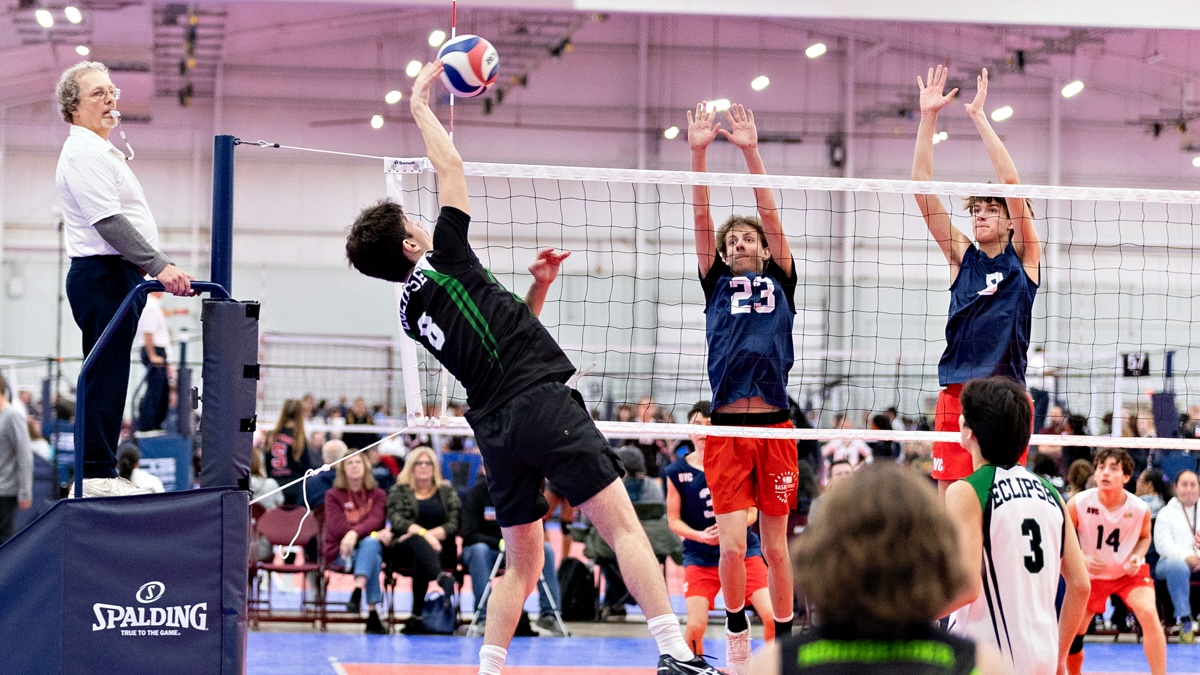
Explore York has seen ample success, as it did more than 60,000 room nights for the sports market alone in the past fiscal year, which is a roughly 20,000-room increase from the previous year.
Volleyball events have been lucrative for Explore York, namely the MLK Volleyball tournament that is one of the DMO’s largest and longstanding events. The destination also works with high school events such as the PIAA Golf Championships and collegiate events including the Pennsylvania State Athletic Conference swimming championships.
“We’re the perfect hub-and-spoke option due to our proximity to nearby major areas and attractions,” Beaverson said. “York County offers a great value in our hotels and venues, our facilities are top notch and maybe most importantly, the customer service that we’ve been able to offer our clients really helps us stand out. We work hard to take care of our customers’ every need to keep them coming back year after year.”












 Copyright © 2025 by Northstar Travel Media LLC. All Rights Reserved. 301 Route 17 N, Suite 1150, Rutherford, NJ 07070 USA | Telephone: (201) 902-2000
Copyright © 2025 by Northstar Travel Media LLC. All Rights Reserved. 301 Route 17 N, Suite 1150, Rutherford, NJ 07070 USA | Telephone: (201) 902-2000